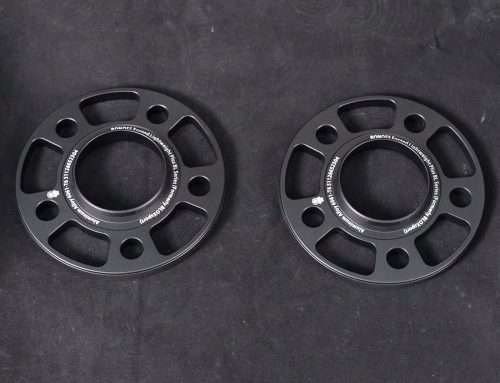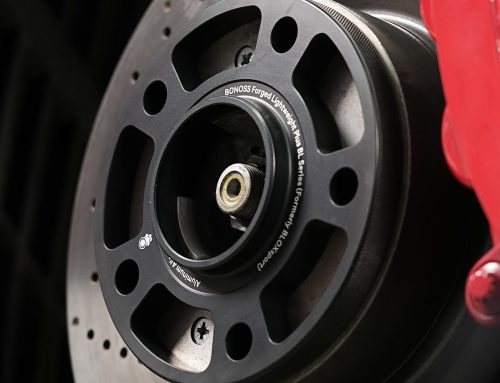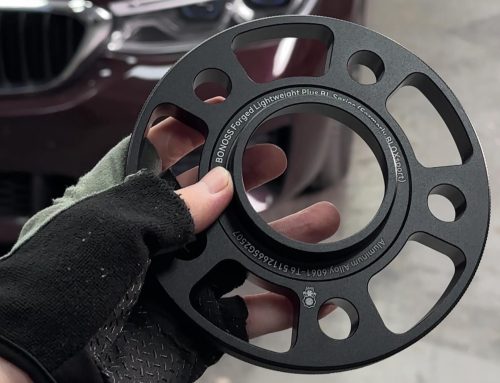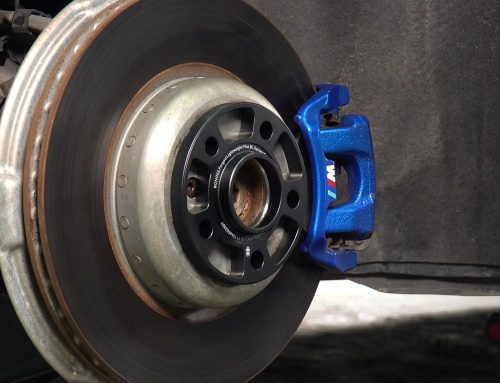If you own a Range Rover, knowing the proper wheel nut size and torque specifications is crucial for safe operation and maintenance. The wheel nuts on Range Rovers secure the wheels to the vehicle’s hub assembly. Using the wrong size wheel nuts or improper torque can lead to wheels coming loose, resulting in a serious safety hazard. In this article, we’ll look at the different wheel nut sizes used on Range Rover models and the recommended tightening torque.
Range Rover Wheel Nut Sizes
Wheel nut sizes can vary depending on the model year and trim level of your Range Rover. Here are the most common sizes.
- Range Rover Evoque (2012-present): M14 x 1.5 lug nuts
- Range Rover Sport (2005-2013): M14 x 1.5 lug nuts
- Range Rover Velar (2017-present): M14 x 1.5 lug nuts
- Range Rover Full Size (2003-2012): M14 x 1.5 lug nuts
So in summary, most modern Range Rovers use a 14mm size. The pitch of the threads is 1.5mm.
It’s important when replacing wheel nuts to stick with factory OEM spec nuts for proper fit and torque ratings. Aftermarket nuts may seem identical but small variances in size can affect the torque values.
What Size Socket for Range Rover Wheel Nuts?
To remove and install Range Rover wheel nuts, you’ll need a socket that matches the lug nut size:
- For M14 nuts, use a 22mm socket
1/2 inch drive sockets are ideal for providing enough torque when loosening or tightening the lug nuts. Make sure the socket engages fully over the nut to prevent rounding off the corners.
Socket extensions may be needed to reach the wheel nuts depending on the wheel design. A universal joint socket adapter can provide the necessary angle for tricky to reach nuts.
Always use a proper socket – never try to loosen a wheel nut with pliers or the wrong size socket. This will damage the nut making it impossible to achieve the proper torque.

Torque Specs for Range Rover Wheel Nuts
Applying the manufacturer recommended torque is critical when installing wheel nuts. Under-tightening can allow the nuts to vibrate loose. Over-tightening can damage the wheel studs.
Always torque the wheel nuts in the proper star pattern sequence to ensure even tightening. Recheck the torque with a calibrated torque wrench after test driving the first few miles to ensure the nuts have not loosened.
Over-tightened lug nuts should be replaced as they can become weakened and fail unexpectedly. Never exceed the maximum torque rating.
Which Range Rover Wheel Nuts Are Recommended?
For replacing factory wheel nuts, I recommend using aftermarket Range Rover lug nuts from BONOSS.
- Precision machined from premium steel for optimum durability
- Special surface resists corrosion
- Meets or exceeds OEM quality and specifications
- Perfect fit and reliable torque retention
- Come with one special lug nut for anti-theft protection
- Offered in black finish
BONOSS wheel nuts provide the right combination of quality, performance, and value. They are engineered specifically for Range Rovers and undergo rigorous testing. I’ve personally used them without issue for thousands of miles.
With the proper size wheel nuts installed at the correct torque, you can have confidence in your Range Rover’s safety and reliability. Be sure to check the torque regularly and replace worn or damaged nuts promptly. Knowing the wheel nut specs for your model helps ensure trouble-free operation.






